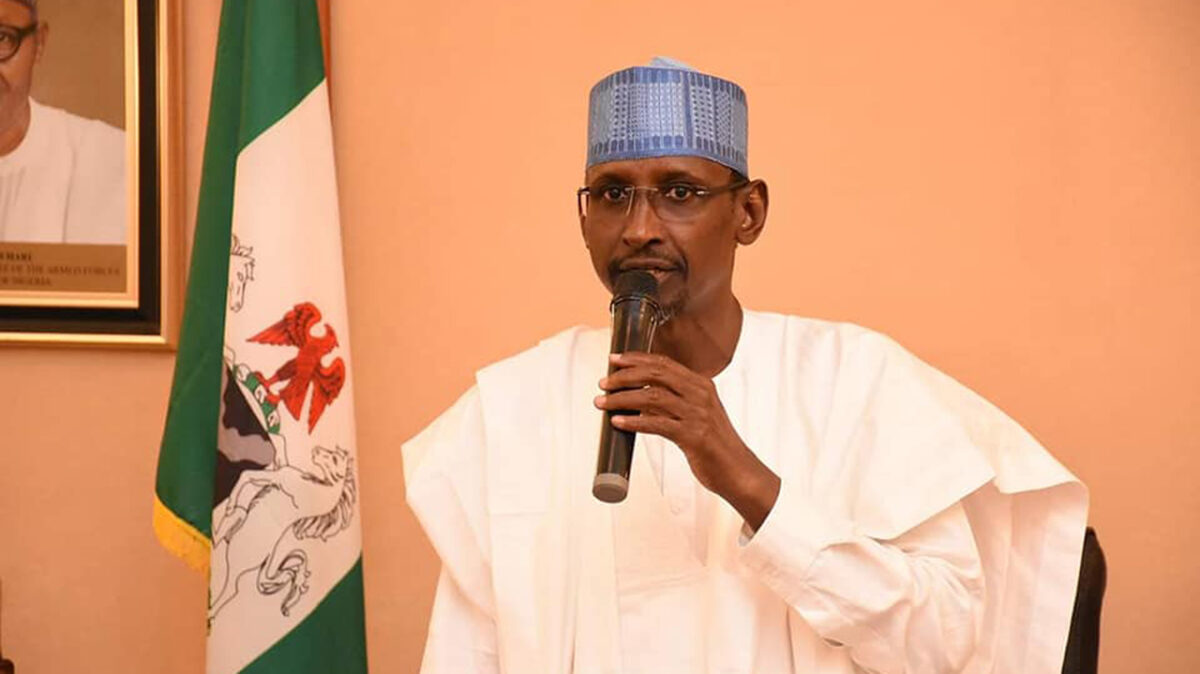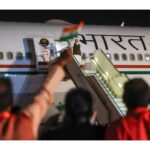The Federal Capital Territory Administration (FCTA) is set to introduce an environment-friendly transport system in Abuja as part of plans to make the national capital a green city.
The FCT Minister, Malam Muhammad Musa Bello, who made this known during a visit by the management of the National Automotive Design and Development Council (NADDC ) led by its Director General, Jelani Aliyu, to the FCTA, said plans are underway to start the use of electric vehicles in the city.
- PODCAST: How floods are washing away livelihoods in Nigeria
- How banker was killed, buried in Yobe by ‘trusted friend’
Also on the NADDC delegation were top officials of the Stallion Group of Companies.
According to a statement by the Minister’s Chief Press Secretary, Mr Anthony Ogunleye, after taking a test drive in the Hyundai Kona, an electric vehicle assembled in Nigeria, Malam Bello revealed that the long-term plan of the administration was to develop Abuja into one of the greenest cities in the country and that the use of electric vehicles as a major means of public transportation was a major part of that plan.
“The proposal brought to us by the DG fits into our long-term plan for the city. As you know, we pride ourselves in having Abuja as one of the greenest cities in the country, from the generation of vegetation and planting of trees to the concerted efforts to make sure that modern waste disposal systems are entrenched.
“So, this just takes us to the next step which is trying to improve on the transportation system in the city, particularly our bus mass transit system and what is called the last mile, “ the Minister added.
Bello stressed that as part of the plan, tricycles and motorcycles are not allowed to operate in the city and gradually, the use of diesel buses would also be eliminated.
Mr Aliyu, was quoted as saying the visit was to synergise with the FCTA in making Abuja one of the most advanced and greenest cities in the world.
He said that the Hyundai Kona is the first ever electric vehicle assembled in Nigeria with a range of about 492 kilometres which could be charged from any electric outlet and it was in respect of the vehicle that the NDDC has developed solar charging stations in Sokoto, Lagos and Nsukka.
The visit also featured presentations from the Stallion Group of Companies on its proposed public transportation solutions.

 Join Daily Trust WhatsApp Community For Quick Access To News and Happenings Around You.
Join Daily Trust WhatsApp Community For Quick Access To News and Happenings Around You.


